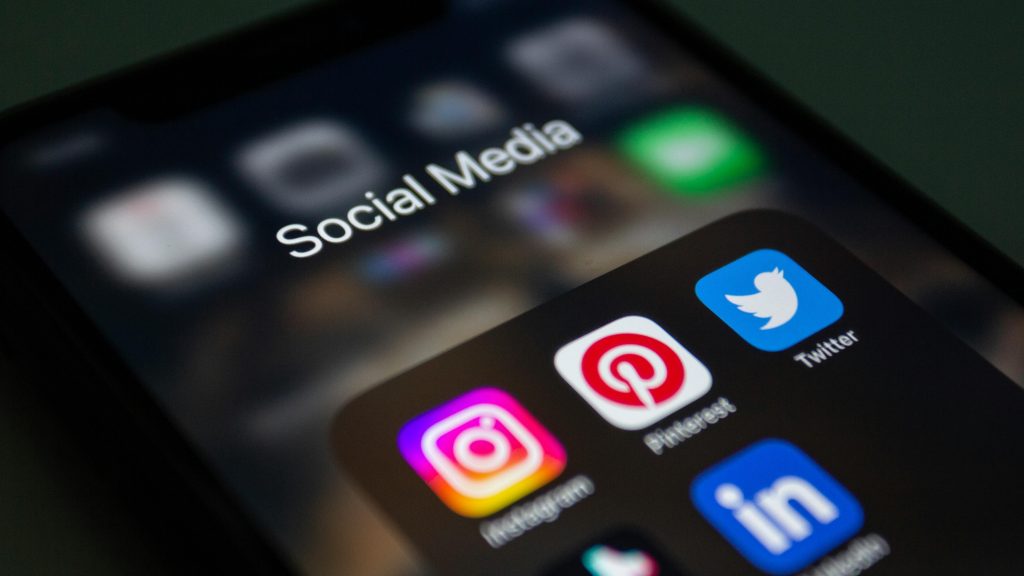The healthcare industry is highly specialized, and recruiters look for passionate, detail-oriented professionals who understand patient care, compliance, and teamwork. A well-written healthcare cover letter should highlight your clinical expertise, certifications, and dedication to patient well-being. In this guide, we’ll show you how to craft a compelling cover letter for medical professionals, nurses, doctors, and healthcare administrators. We will also share cover letter tips, so keep reading.
What Makes a Strong Cover Letter for Healthcare Jobs?
When applying for healthcare roles, your cover letter needs to demonstrate not only your technical qualifications but also your commitment to patient care, empathy, and ability to work collaboratively with others. Here’s how to ensure your cover letter stands out:
The Key Skills Healthcare Employers Look For
Healthcare employers seek candidates who possess a blend of technical expertise and soft skills. While clinical skills are important, your ability to communicate, show empathy, and work in teams is just as vital.
- Empathy and compassion: These are key traits in healthcare professionals. Your ability to show understanding and offer care to patients in sometimes challenging situations will be highly valued.
- Strong communication skills: In healthcare settings, both verbal and written communication are essential. You need to highlight your ability to explain complex medical concepts to patients and collaborate effectively with team members.
- Teamwork: In a healthcare environment, working well with other medical professionals is crucial. Mention your experience in multidisciplinary teams and how you’ve contributed to group success.
- Regulatory knowledge and certifications: Highlight your familiarity with healthcare regulations (HIPAA, patient privacy, etc.) and any specialized training or certifications (BLS, ACLS, etc.).
Common Mistakes in Healthcare Cover Letters
While crafting a cover letter for a healthcare job, avoid these common pitfalls:
- Using too much medical jargon without context: Keep your language accessible and ensure that you’re explaining your experience in a way that can be understood by both healthcare professionals and HR staff.
- Failing to show a connection to the hospital’s mission and values: Research the facility and make sure to demonstrate how your goals align with their values, especially regarding patient care, innovation, and community health.
By keeping your cover letter clear, focused, and aligned with the organization’s mission, you’ll have a better chance of making a meaningful impression.
How to Structure a Cover Letter for Healthcare Roles (With Examples)
Healthcare cover letters should be concise, professional, and structured to highlight your experience, skills, and passion for patient care. Here’s how to create a strong cover letter:
How to Open a Cover Letter for a Healthcare Position
The opening statement of your healthcare cover letter is key to capturing the reader’s attention. Here are two examples tailored for different roles:
Example 1:
“As a registered nurse with five years of ICU experience, I am passionate about providing critical patient care. I am excited to apply for the nursing position at [Hospital Name], where I can contribute my clinical expertise and commitment to patient well-being.”
Example 2:
“With a background in hospital administration and a commitment to improving patient services, I am eager to join [Hospital Name] as a healthcare administrator. My experience in managing healthcare teams and optimizing patient care processes will help drive improvements at your facility.”
In both examples, the applicant introduces their experience and enthusiasm for the role while aligning their skills with the job’s requirements.
How to Highlight Certifications & Specialized Training
Certifications and specialized training are especially important in healthcare. Highlight any relevant certifications to show your qualification for the role.
- Mention essential certifications: Include important certifications like RN, MD, CNA, CPR, BLS, or ACLS. These certifications are often required for specific healthcare positions, and mentioning them makes it clear you meet the job’s criteria.
- Showcase specialized training: If you have training in specialized areas, such as ICU, ER, Pediatrics, or Geriatrics, make sure to mention them. Specific training can make you stand out for roles that require a more focused skill set.
Example:
“I hold an RN certification with a specialization in pediatrics and have completed additional training in pediatric emergency care (PALS). This training has equipped me with the tools to provide excellent care for children in both routine and emergency situations.”
In this example, the applicant emphasizes their certifications and specialized training, highlighting their ability to handle specific patient needs.
FAQs (SEO-Optimized for Featured Snippets)
❓ How do I write a cover letter for a nursing job?
💡 Focus on patient care experience, teamwork, and specialized training. Highlight certifications like RN, BLS, ACLS, or PALS.
❓ Should I include certifications in my cover letter?
💡 Yes! Mention essential certifications like RN, BLS, ACLS, or any relevant training to demonstrate your qualifications.
❓ What skills should a healthcare cover letter highlight?
💡 Compassion, medical knowledge, problem-solving, teamwork, and regulatory compliance are key skills to highlight.
❓ How do I stand out in a medical job application?
💡 Show how your experience aligns with the hospital’s values, mission, and patient care goals. Demonstrating a commitment to patient well-being will set you apart.
❓ What’s the best format for a healthcare cover letter?
💡 Use a clean, professional format with 3-4 paragraphs that highlight your relevant experience, certifications, and enthusiasm for the role. A strong closing statement that helps with further discussion is essential.
Conclusion
Your healthcare cover letter should be a clear and concise reflection of your qualifications, dedication to patient care, and alignment with the hospital or healthcare facility’s values. By emphasizing your technical skills, certifications, and soft skills like communication and empathy, you can demonstrate that you’re not only qualified for the job but also genuinely passionate about contributing to patient well-being.
By avoiding common mistakes like overusing medical jargon or failing to personalize the letter for each job, you’ll increase your chances of making a memorable impression and landing that next healthcare role.










